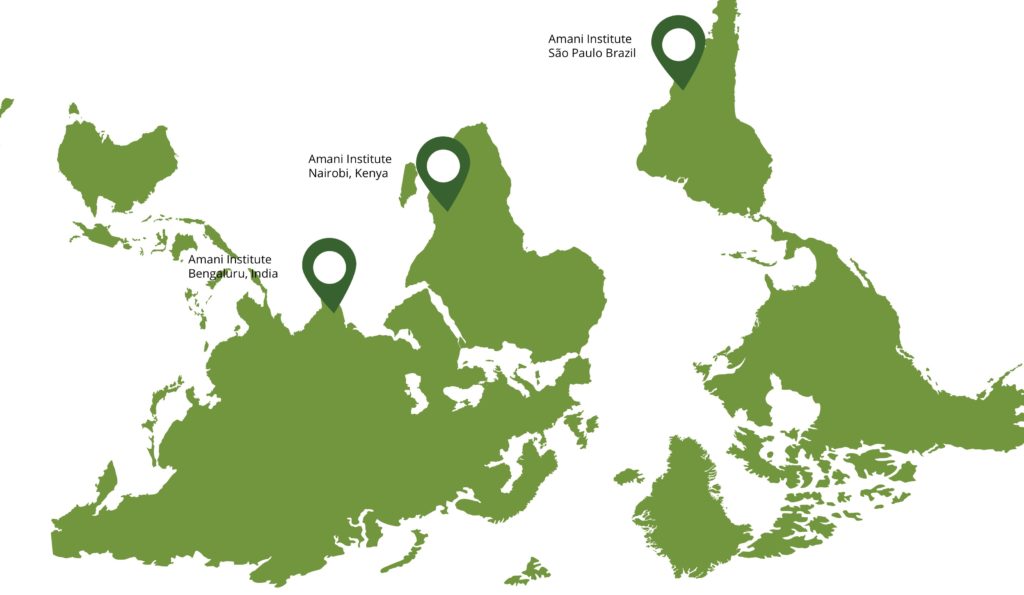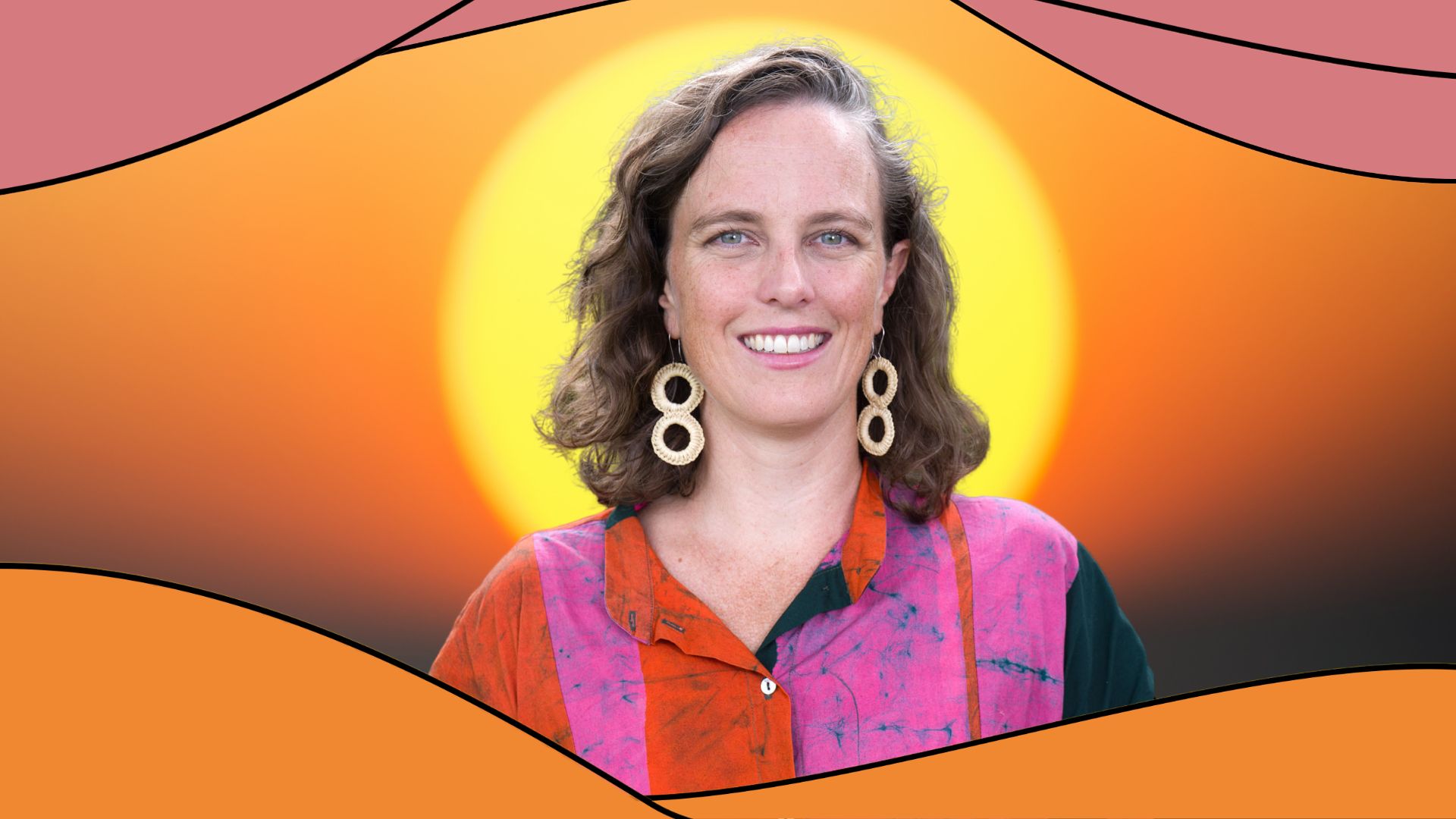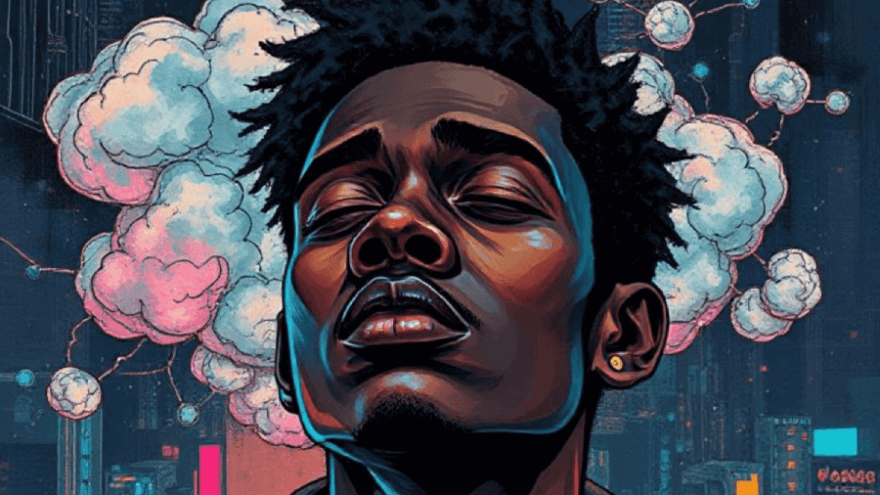What does it mean to be a pioneer? What’s the correct way to explore and conquer new areas of opportunity for yourself and society?
We are all well aware there are no more lands to conquer on planet Earth or civilisations to explore. The real frontier today is that of a model of exploitation of natural resources and unequal distribution of wealth that is not sustainable – nor acceptable – anymore.
Working to develop professionals who create social impact around the world, the Amani Institute is focusing on three main frontiers every social pioneer should cross.
Geographical boundaries
Global challenges require global perspectives and a united effort to solve them. Even local problems can be much more easily addressed if we are able to learn from other experiments happening across the globe. That’s why the Amani Institute is based in three global hubs of social innovation: Nairobi (Kenya), Bengaluru (India) and São Paulo (Brazil) where they can constantly see fresh approaches to problem solving that bring innovative solutions. Think of M-Pesa in Kenya or Bolsa Familia in Brazil or Aravind Eye Care in India. Each of these local innovations has inspired change in many other countries. Their image of the flipped global map represents emerging markets in the global south, which brings value and benefits to the world as a whole.

This principle of a global mindset is also why the Amani Institute’s flagship program in Social Innovation Management (5 months online, 4 months immersion phase in one of the three countries where they are based) is open to people from all over the world. They have had 375 Fellows from 52 countries up to now and are growing at the rate of at least 100 new Fellows a year. Every day, they witness the power of a network made up of professionals who share not only knowledge but also a common language about innovation, and a shared set of values to guide their lives. You can’t do it alone, but you can boost your impact once you find your tribe!
Traditional economic models
Crossing the frontier between profit and non-profit, public and private, material comforts and social impact: this is the new hybrid model that is driving the purpose economy. The Amani Institute believe you can make a living while creating change. Organisations can have an impact while having profits. At the same time, NGOs are exploring ways to become self-sustainable without relying only on fluctuating donations. All over the world social enterprises are solving real needs, thus entering an existing market full of opportunities for their services and products.

At Amani you will learn how to challenge your business model, to add value (and values!) to your services after better understanding your stakeholders, and create effective online fundraising ideas and campaigns incorporating inspirational storytelling.
Amani Institute believes adults learn from experience, so they push their Fellows to practice themselves, developing their own social innovation ideas into real prototypes. And this will be guided by the globally recognized practitioners on their faculty.
Inner barriers
You have an ID that says where you are from, a degree that describes your key skills and a job title that defines your professional role, and a lot of stratified identities built through family, friends, and colleagues. Is that all you are? Do those labels match your passions and your purpose? Are you ready to reframe your own story, letting the most meaningful parts emerge to give you the courage to make a leap and the grit to walk your talk?

To help people align their purpose and their career, Amani Institute’s signature personal leadership development curriculum, called The Inner Journey of the Changemaker, is a unique component of the program, which distinguishes them from other educational institutions. The course features many tools and practices of self-development as well as guest speakers from around the world to help Fellows align their passions and purpose with their career, and understand how to navigate a demanding field of work. Many past Fellows have described it as a “life-changing experience”.



